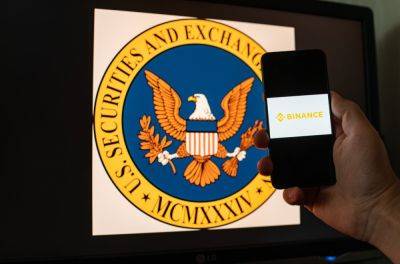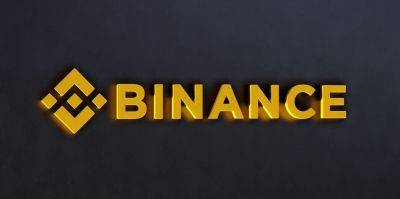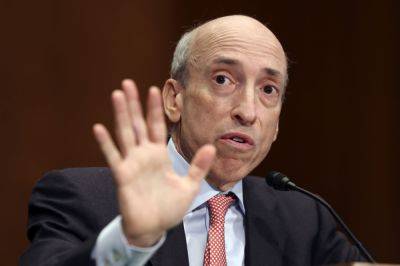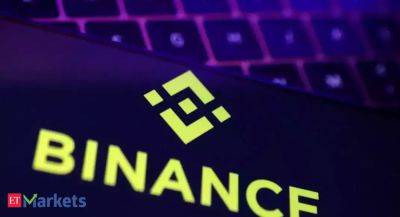EU Study Suggests Treating Crypto Assets As Securities. Is It a Win For SEC Chair Gensler?
Just as the European Union officially signs its sweeping Markets in Crypto-Assets (MiCA) rules into law, a study commissioned by EU Parliament suggests that crypto assets should be regulated as securities by default, potentially vindicating the stance of U.S. Securities and Exchange Commission (SEC) Chair Gary Gensler.
The MiCA regulation, signed into law Wednesday by European Parliament President Roberta Metsola and Swedish Rural Affairs Minister Peter Kullgren, aims to bring clarity and oversight to the crypto industry. A separate anti-money laundering law requiring crypto providers to verify customer identities during fund transfers was signed alongside MiCA.
MiCA is expected to come into effect in the coming weeks and will grant licenses to crypto exchanges and wallet providers to operate within the EU, while stablecoin issuers will be required to hold appropriate reserves.
However, attention has already shifted to the next phase of crypto regulation, which may cover topics such as staking, non-fungible tokens (NFTs), and decentralized finance (DeFi). While the industry has broadly welcomed the provisions in MiCA, discussions are ongoing regarding future regulations to address emerging trends and technologies.
An April study commissioned by EU Parliament suggests that crypto assets should be deemed transferable securities by default. In order to receive an alternative classification, such as a financial derivative or a payment service, the crypto intermediary behind the asset would need to receive an exemption from a national competent authority (NCA).
Researchers pointed to the speed of innovation and «hide-and-seek» nature of crypto regulation as reasons for implementing the rule.
«Under such conditions, we doubt
Read more on investopedia.com





















